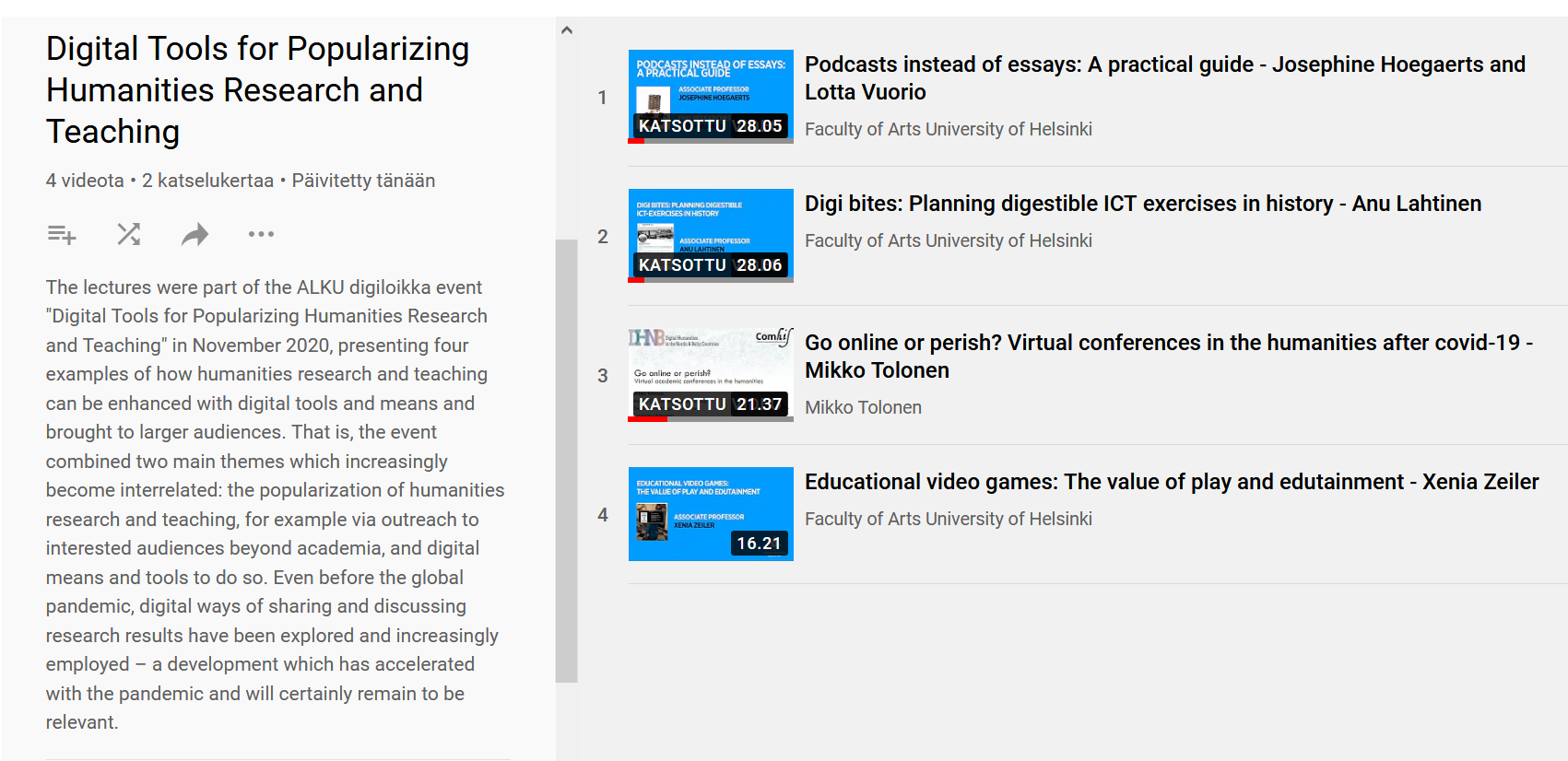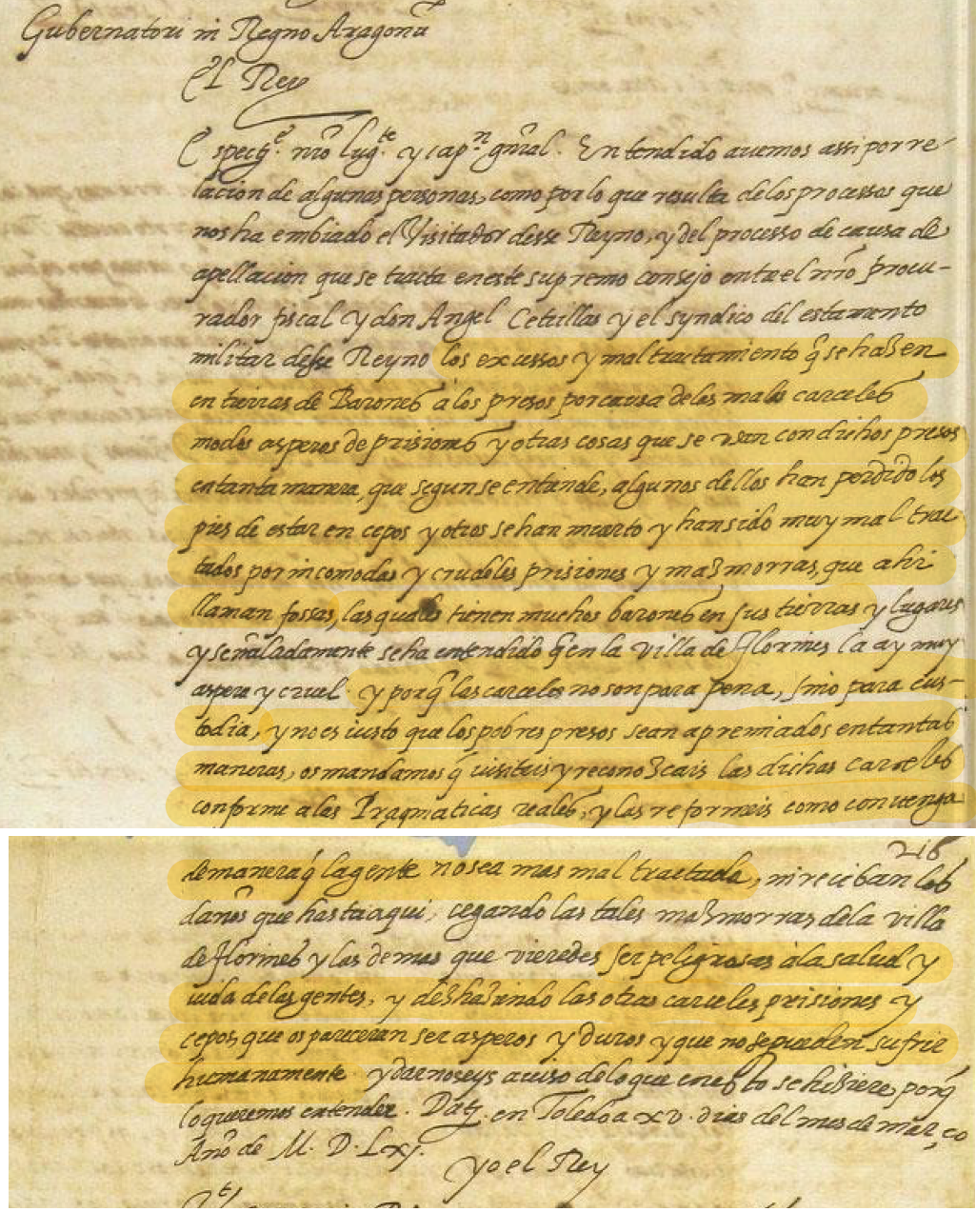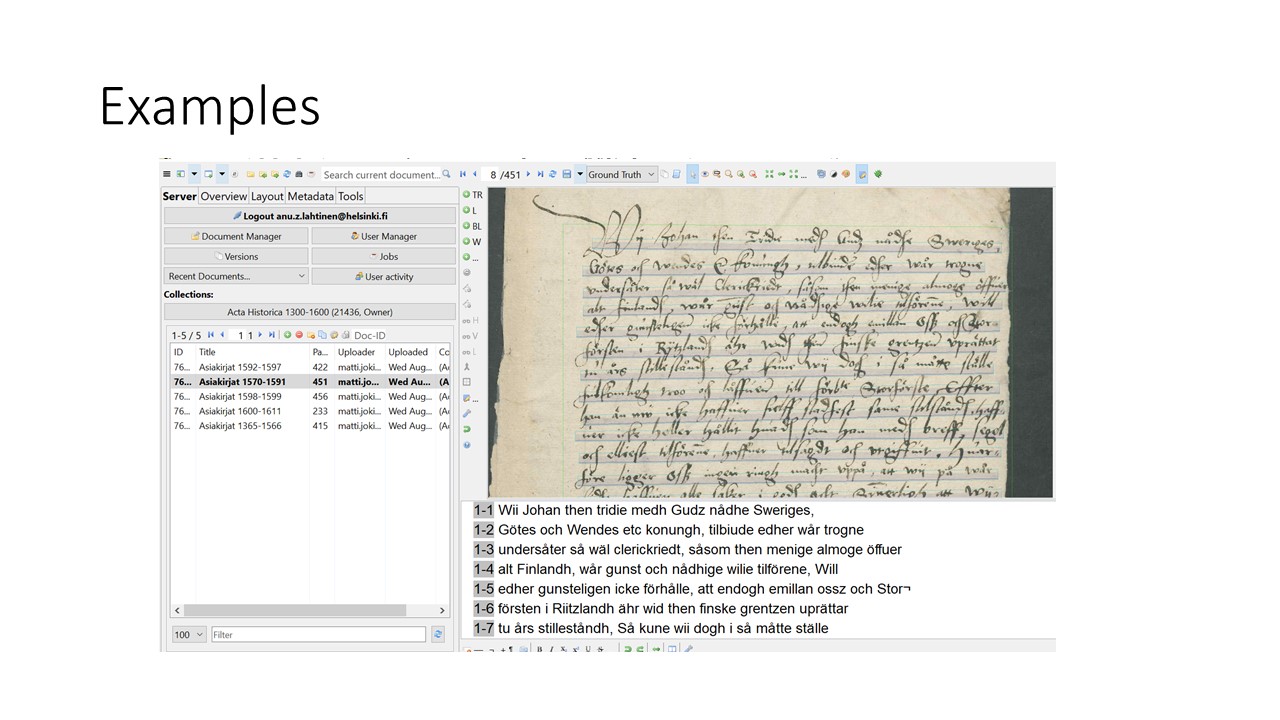During the spring term 2021, the History BA programme at the University of Helsinki has taken some new steps on the digital front. One outcome is a website entitled “History Source Guide” (https://blogs.helsinki.fi/historysources/), available since the beginning of April. The key objective guiding the design of this new resource was to make it (1) updatable and (2) accessible from inside as well as outside of the university. But how did this come about? And, more importantly, what happens next?

The guide page can be found at https://blogs.helsinki.fi/historysources/
Ulkomaiset digitaaliset lähteet / Digital Sources in History
The website was constructed by participants of the project course “Ulkomaiset digitaaliset lähteet/Digital Sources in History”, which connected source criticism with transferable skills. In essence, this meant learning about recent developments in Digital Humanities and getting to know the WordPress blog environment.
In January 2021, two teachers and seven BA students came together to help future students find useful source material online. When discussing the background of each participant, the group identified having to “reinvent the wheel” as a widely shared experience when starting the BA/MA thesis. Everyone wished they had been told exactly where to look for online sources, but the great variety of research interests even among just the nine participants was also immediately acknowledged.
In February, the group learned more about “digital sources” via lectures and literature provided by a guest teacher from the field of digital humanities. One student also contributed an interview on this theme. By March, the team was ready to start developing the website. This was done by first comparing some existing source guides and then trying out the WordPress tools available at the University of Helsinki. During the final stage, each student contributed four posts to the website, in addition to improving its appearance and functionality.
Encyclopaedic practice meets the local perspective
The resulting History Source Guide aspires to familiarise Helsinki-based students with material sourced from abroad and uses the lingua franca of English to connect people with new sources. On the home page, blog posts introducing digital collections summarise information provided by the websites of memory institutions and other data providers. Since the History Source Guide’s home page is not static but cumulative, the group came up with the solution of categorising the posts by historical periods and tagging them with keywords. These can be found on the left-hand side.
In addition, however, the History Source Guide also includes some static pages. The first one contains links to Helka, the University of Helsinki Library’s own database. Via this page, students (with a user account) can easily access the resources provided by the University Library. Another static page contains links to further source guides, each one of which has a different focus and their own way of structuring information. A third page serves as a gateway to material sourced from Finland. This may be useful to readers who are based abroad but require sources relating to the history of Finland.
To prevent the project from coming to a standstill, the designers also came up with the idea of a “suggestions box”. This box is open for anyone who wishes to suggest a new digital collection to be added to the Guide. In the future, contributing to the website may also be used as a way of supplementing course work. Students could do this, for example, by introducing sources they have used themselves, or by interviewing more experienced researchers.
To conclude, the History Source Guide team would like to thank everyone already involved. Recognising what expertise we already have, bringing it to bear and actively seeking advice from others are basic things, but that is why they also work in the digital world.
Laura Tarkka has a background in eighteenth-century intellectual and cultural history. In 2021, she has been coordinating the ”Digital Leap” project of the History BA programme of the University of Helsinki. Melike Çakan is a doctoral student in history at the University of Helsinki. She is working on a doctoral dissertation concerning Francis Bacon and ‘scientia civilis’ in Early Modern England.


